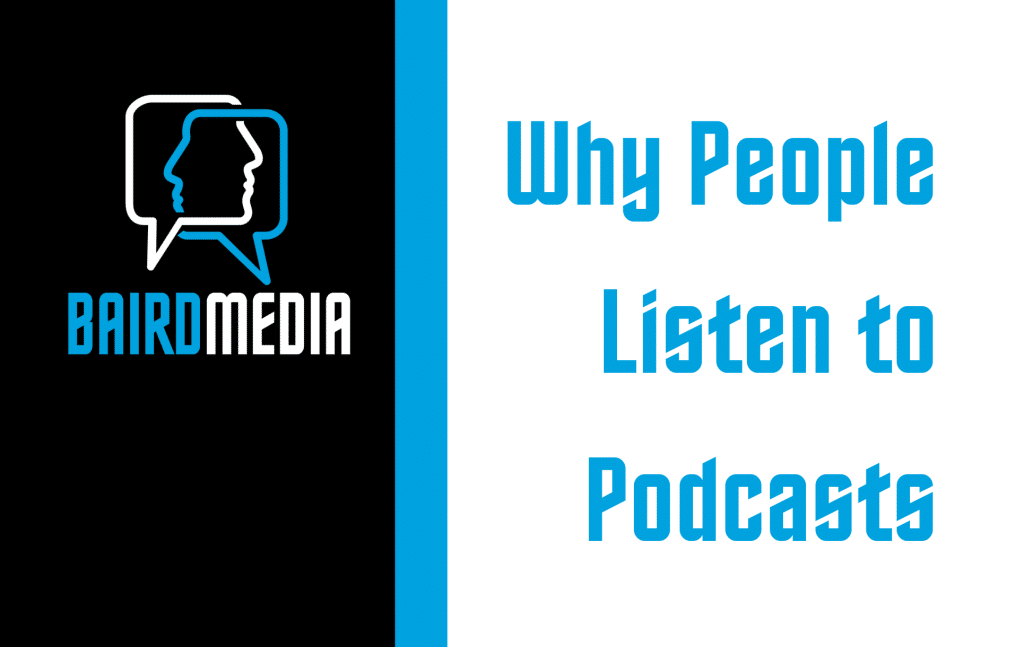
What South African Podcasters Can Learn from SmartLess Mobile
Why a Celebrity Mobile Network Could Spark Local Innovation

A study by Stephanie J. Tobin and Rosanna E. Guadagno, published in PLOS ONE in April 2022, delves into these questions, offering new insights into the dispositional factors that predict podcast listening and the associated psychological outcomes.
The study begins by exploring the motivations behind podcast listening.
Drawing on the “Big Five” personality traits and other psychological constructs, the researchers found that certain traits are strong predictors of whether someone is likely to be a podcast listener.
For instance, individuals who score high in openness to experience—those who enjoy exploring new ideas and engaging with diverse topics—are more likely to listen to podcasts.
Similarly, people with a high need for cognition, who enjoy and seek out intellectually stimulating activities, are also drawn to podcasts.
Interestingly, the study also found that curiosity, particularly interest-based curiosity (the desire to learn new things for the joy of it), positively predicts podcast listening.
This aligns with the idea that podcasts, which often cover a wide range of topics, appeal to those who are naturally curious and enjoy discovering new information.
While podcasts are often consumed individually, they also serve important social functions.
The study examined the relationship between podcast listening and social needs, such as the need to belong—a person’s desire for acceptance and connection with others.
Contrary to expectations, the study found that people with a high need to belong were actually less likely to listen to podcasts.
This finding suggests that podcasts, while socially engaging, may not fulfill the same social needs as more interactive forms of media like social networking sites.
However, the study did identify that certain aspects of podcast listening, such as forming parasocial relationships (one-sided relationships with podcast hosts), are related to positive social outcomes.
Listeners who felt a connection with their favorite podcast hosts reported a greater sense of relatedness, satisfying a fundamental human need for connection.
This highlights the unique way in which podcasts can create a sense of intimacy and companionship, even in the absence of direct social interaction.
The study also explored the psychological outcomes of podcast listening, focusing on key areas such as autonomy, competence, relatedness, meaning in life, mindfulness, and smartphone addiction.
Surprisingly, the researchers found that the amount of time spent listening to podcasts was not significantly associated with these outcomes, challenging the assumption that more frequent listening leads to greater psychological benefits.
However, there were some notable exceptions.
For example, listeners who engaged more socially with podcasts—by discussing them with others or following them on social media—reported a higher presence of meaning in their lives.
Additionally, those who formed strong parasocial relationships with podcast hosts experienced a greater sense of relatedness, underscoring the potential of podcasts to meet certain psychological needs.
On the flip side, the study found that longer-term podcast listeners were less likely to exhibit signs of smartphone addiction.
This suggests that as people become more accustomed to integrating podcasts into their lives, they may develop healthier media consumption habits.
Another interesting aspect of the study is its examination of demographic differences in podcast listening.
Consistent with previous research, the study found that men are more likely to listen to podcasts than women, and older listeners tend to have been engaging with podcasts for a longer period.
These findings may reflect broader trends in technology use, where men often prioritize informational content, while women may be more drawn to media that fosters direct social connectivity.
The study by Tobin and Guadagno offers a nuanced understanding of why people listen to podcasts and the psychological effects of this popular medium.
It highlights that while informational needs are a key driver of podcast listening, the social and psychological outcomes are varied and complex.
For podcast creators and marketers, these insights can inform content strategies that cater to the diverse needs of listeners, from intellectual curiosity to the desire for social connection.
For more insights into the world of podcasting and how to leverage this medium effectively, visit Baird Media.
This article is based on the study “Why people listen: Motivations and outcomes of podcast listening” by Stephanie J. Tobin and Rosanna E. Guadagno, published in April 2022 in PLOS ONE (https://doi.org/10.1371/journal.pone.0265806).
Your voice is your brand. Your podcast should sound like it.
We help creators, coaches, and businesses make shows that stand out – for the right reasons.
Book a free consultation and let’s build something powerful.

Why a Celebrity Mobile Network Could Spark Local Innovation

Your podcast’s greatest asset isn’t your gear—it’s your voice and your story. In this episode, we explore how storytelling and personal branding help you build trust, deepen audience connection, and make your show unforgettable.

The Role of Storytelling in Building a Personal Brand

YouTube may be the loudest voice in podcasting right now, but it hasn’t taken over — yet.
This article unpacks the real data behind the panic, explores what it means for interview shows and narrative podcasts alike, and offers practical ways to adapt without selling your creative soul to the algorithm.

In this article, we explore the lasting popularity of true crime podcasts, their storytelling power, ethical complexity, and how creators are pushing the genre forward with innovation and responsibility.

Feeling overwhelmed by your podcast? This guide offers real-world strategies to recover from burnout without quitting — from taking purposeful breaks to shifting formats and reclaiming your creative energy.
© Baird Media 2025